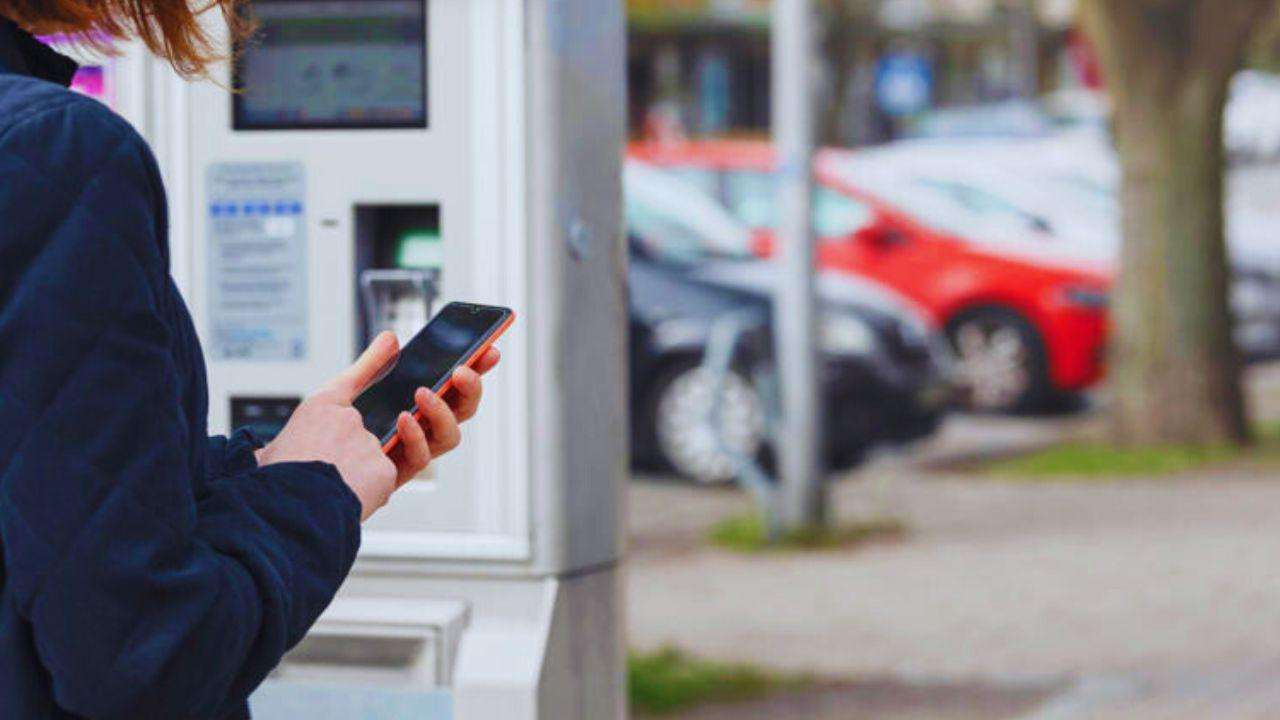Motorists will now have more flexibility when paying for parking, as the controversial five-minute rule is being eliminated—marking a rare win for drivers.
Previously, users of private car parks could receive fines if they did not pay within a designated timeframe, typically five or ten minutes, after entering. In one case last year, a woman was taken to court by a private parking firm demanding £1,906 after a weak mobile signal caused repeated delays in making her payment at a Derby car park.
Now, the industry’s two leading trade bodies have announced that their code of conduct will be revised to introduce a “safeguard” for drivers who face payment delays. The British Parking Association (BPA) and the International Parking Community (IPC) have stated that motorists using private car parks monitored by fixed cameras will no longer be penalized as long as they complete payment before exiting.
However, this update will not apply to council-run car parks or those with on-site attendants. The change is being implemented by a panel set up by these industry organizations last month, following reports in The Telegraph earlier this year that the reform was imminent.
Will Hurley, chief executive of the IPC, emphasized the importance of resolving issues swiftly, stating: “It is vital that mechanisms exist to identify and address problems quickly. I’m pleased the panel has acted decisively to introduce these safeguards for motorists.”
Similarly, BPA chief executive Andrew Pester praised the efficiency of the update, saying: “The parking sector continuously works to ensure fair management for compliant motorists. This change is a significant step in that direction.”
Despite this, motoring groups have reiterated their demand for a legally binding, government-backed code of practice to regulate private parking firms.
Jack Cousens, head of roads policy at the AA, argued: “This amendment to the self-regulated code only reinforces the urgent need for an official government-backed code of practice, an independent appeals process, and proper oversight. Until that happens, drivers will still face aggressive tactics from predatory companies that pressure them into paying unjust fines.”
RAC’s head of policy, Simon Williams, was also skeptical, saying: “This move appears to be another attempt to make private parking firms seem fair. However, without clear details on how it will work in practice, we worry it may have little real impact on drivers.”
A bill enabling the creation of a government-backed code for private parking operators was approved under the Conservative government in March 2019. However, it was withdrawn in June 2022 following a legal challenge from parking firms. This proposed code had aimed to cap most fines at £50, improve the appeals process, and ban the use of aggressive language in enforcement notices.
In June 2023, the BPA and IPC introduced their own code of practice. Nevertheless, private parking firms have frequently faced criticism for misleading signage, aggressive debt collection tactics, and excessive fees.
Drivers in Britain are currently receiving over 41,000 parking fines per day from private companies. Between July and September 2024 alone, 3.8 million tickets were issued, according to government data analyzed by the PA news agency and the RAC Foundation. With fines reaching up to £100 per ticket, motorists could be paying as much as £4.1 million daily in penalties.








.svg)



